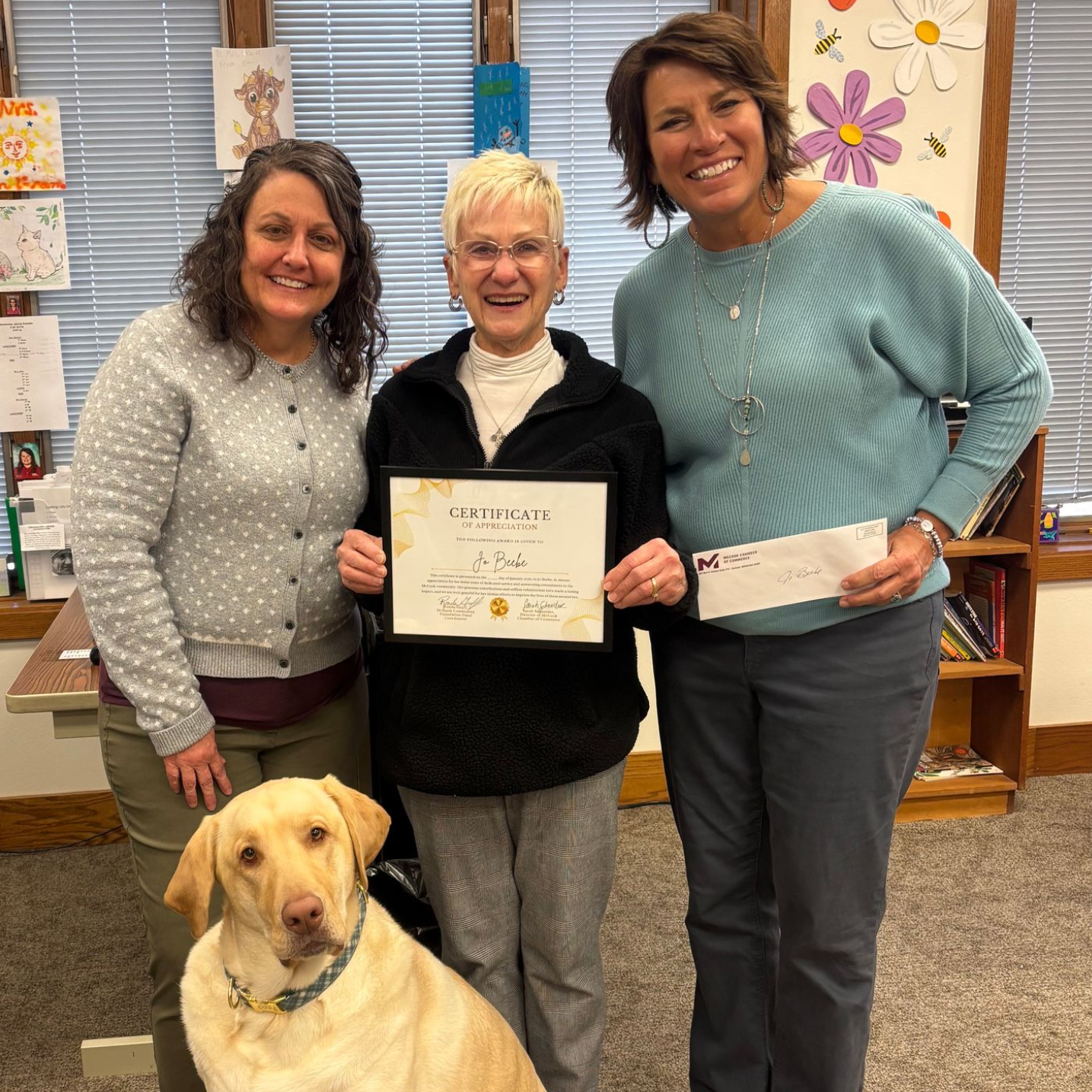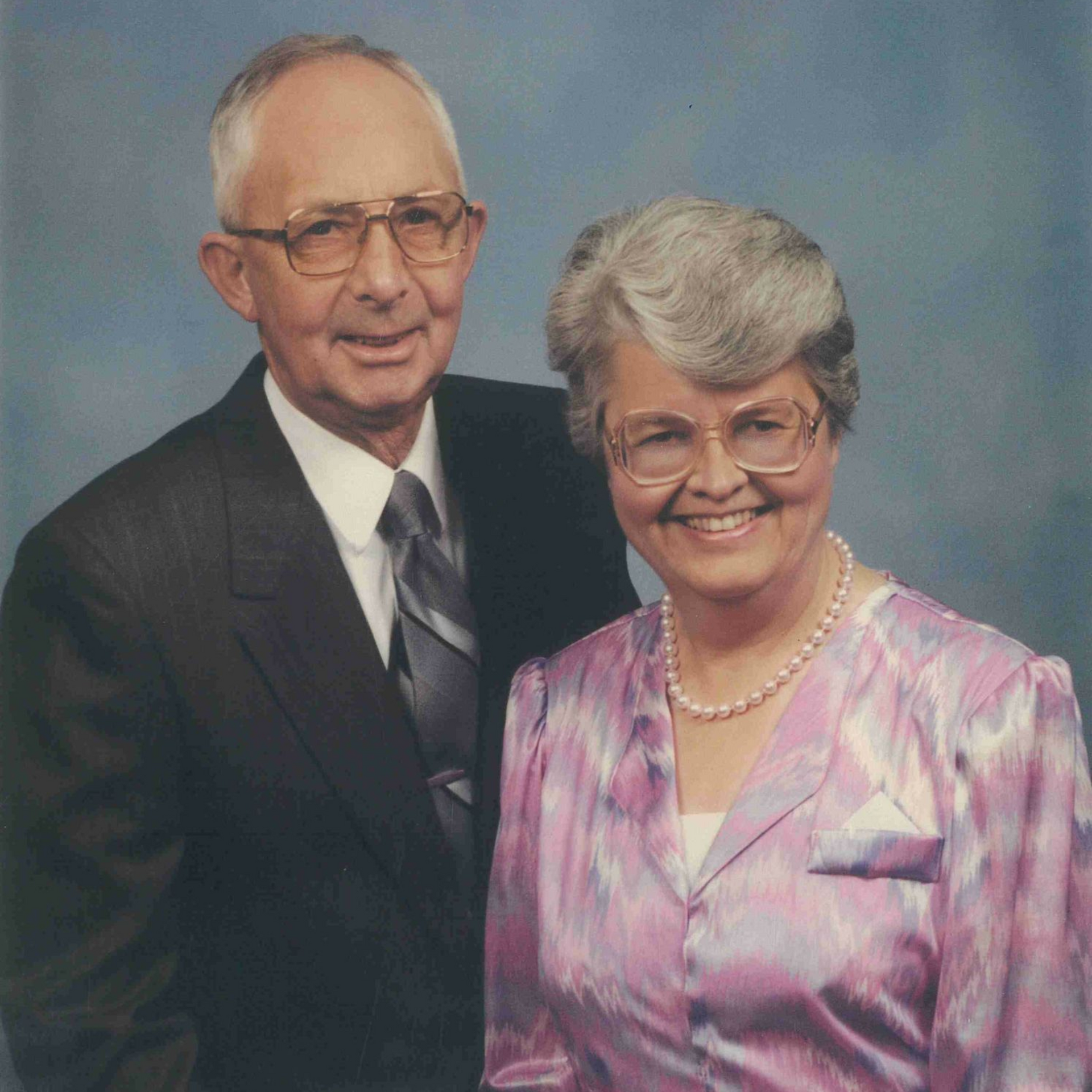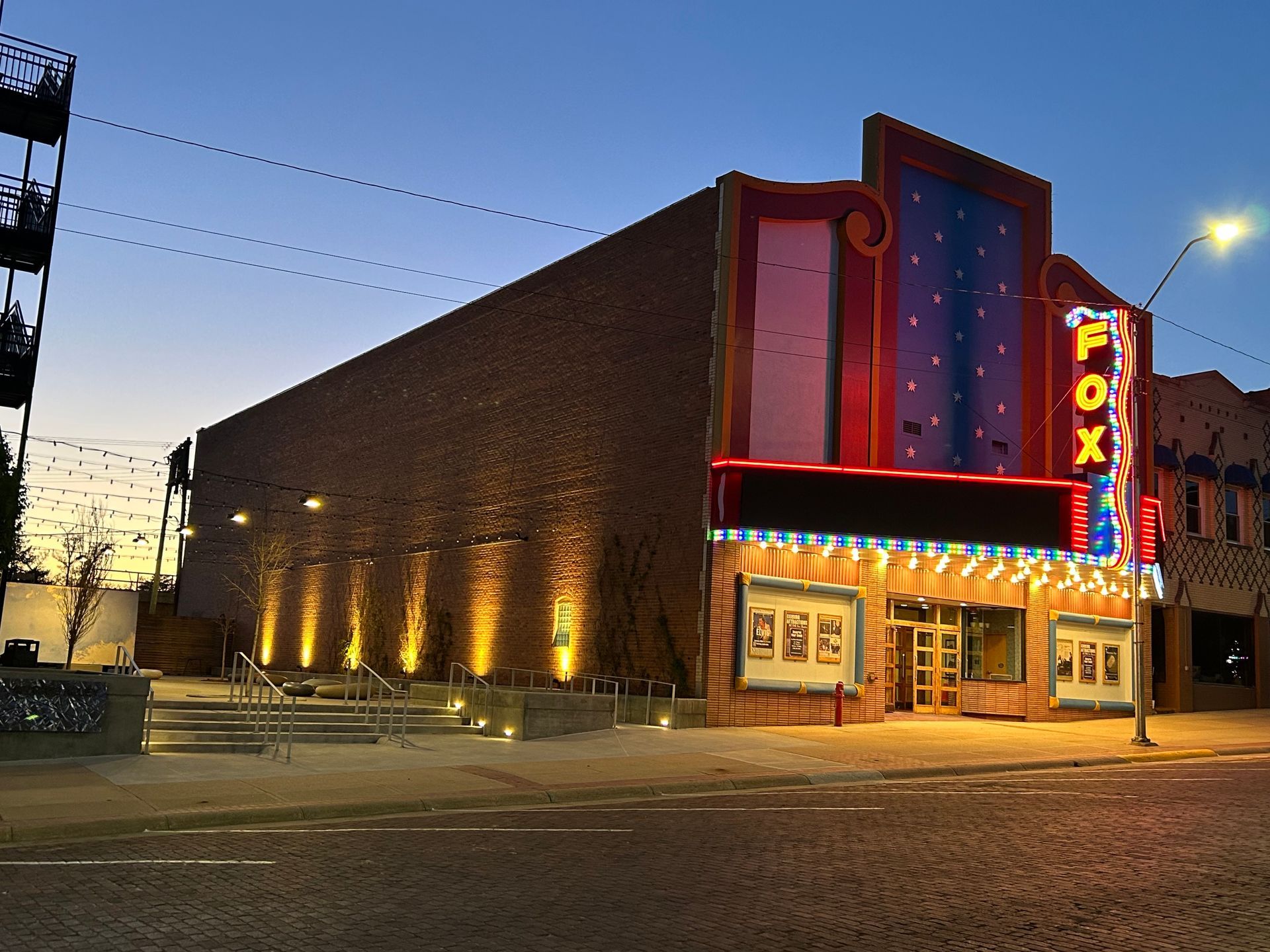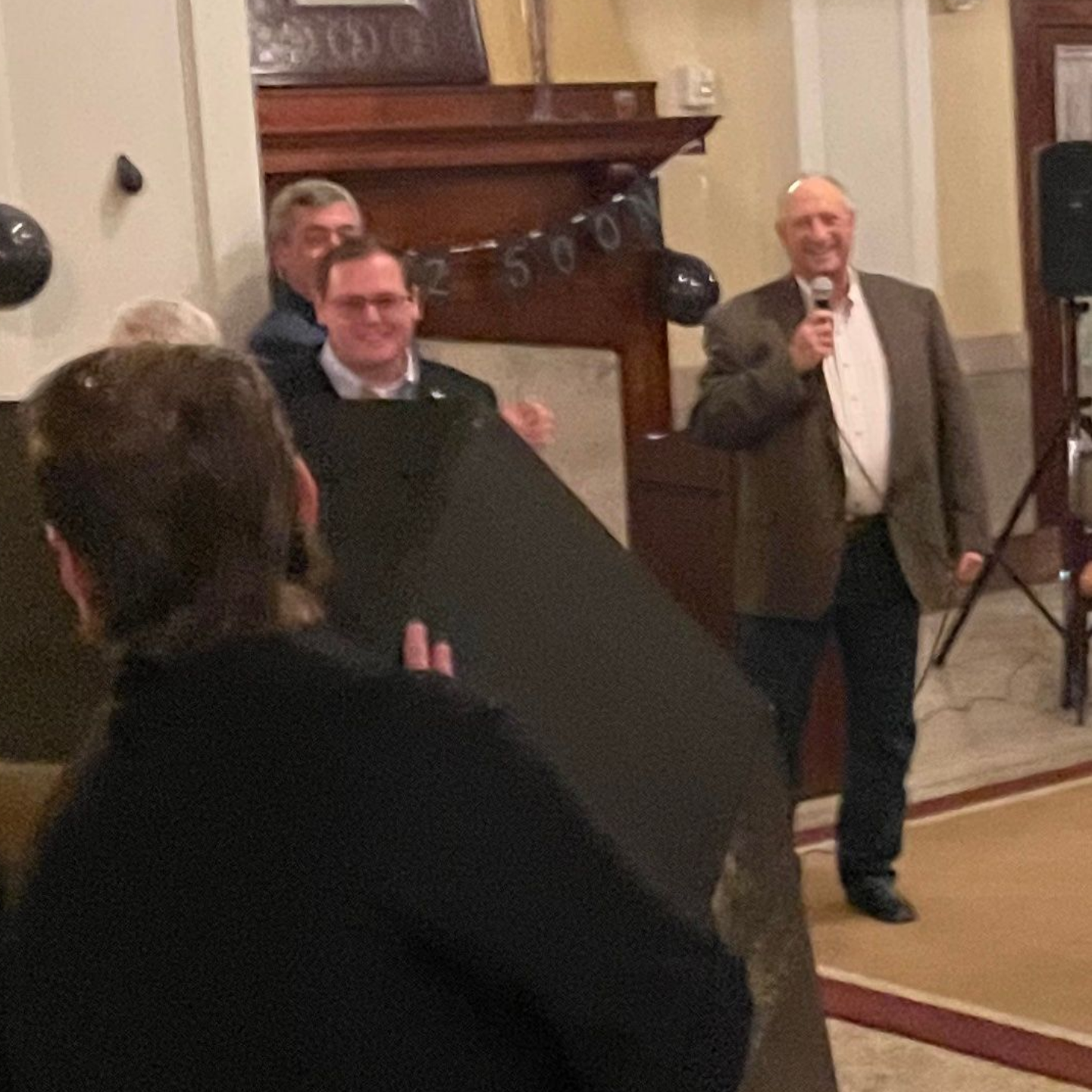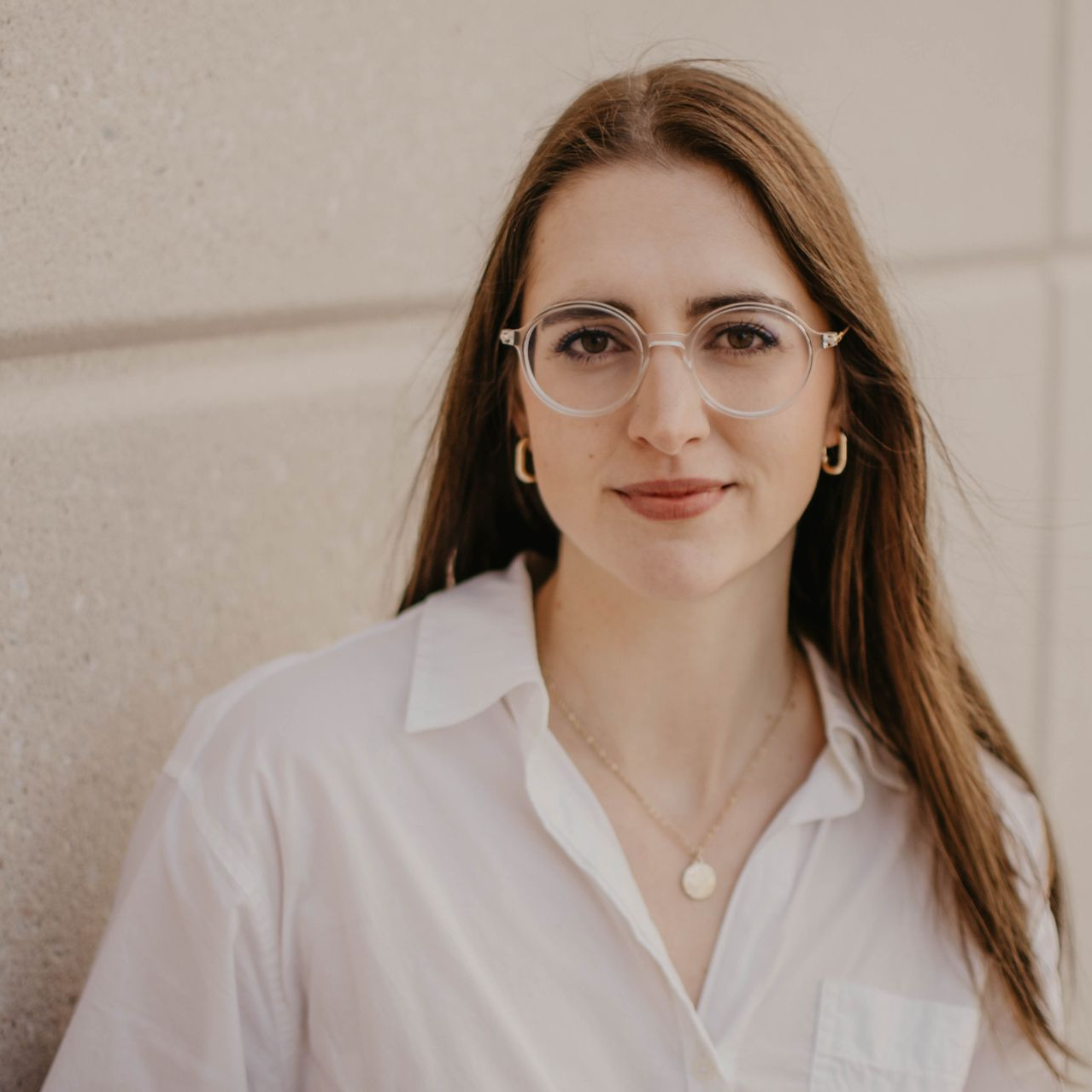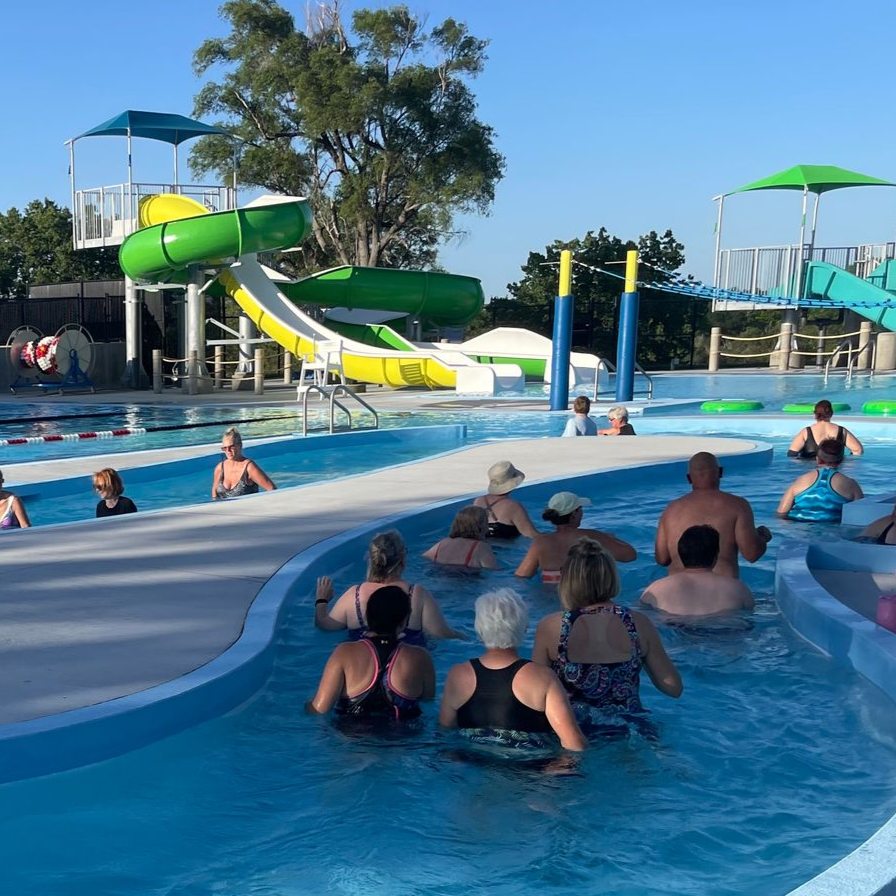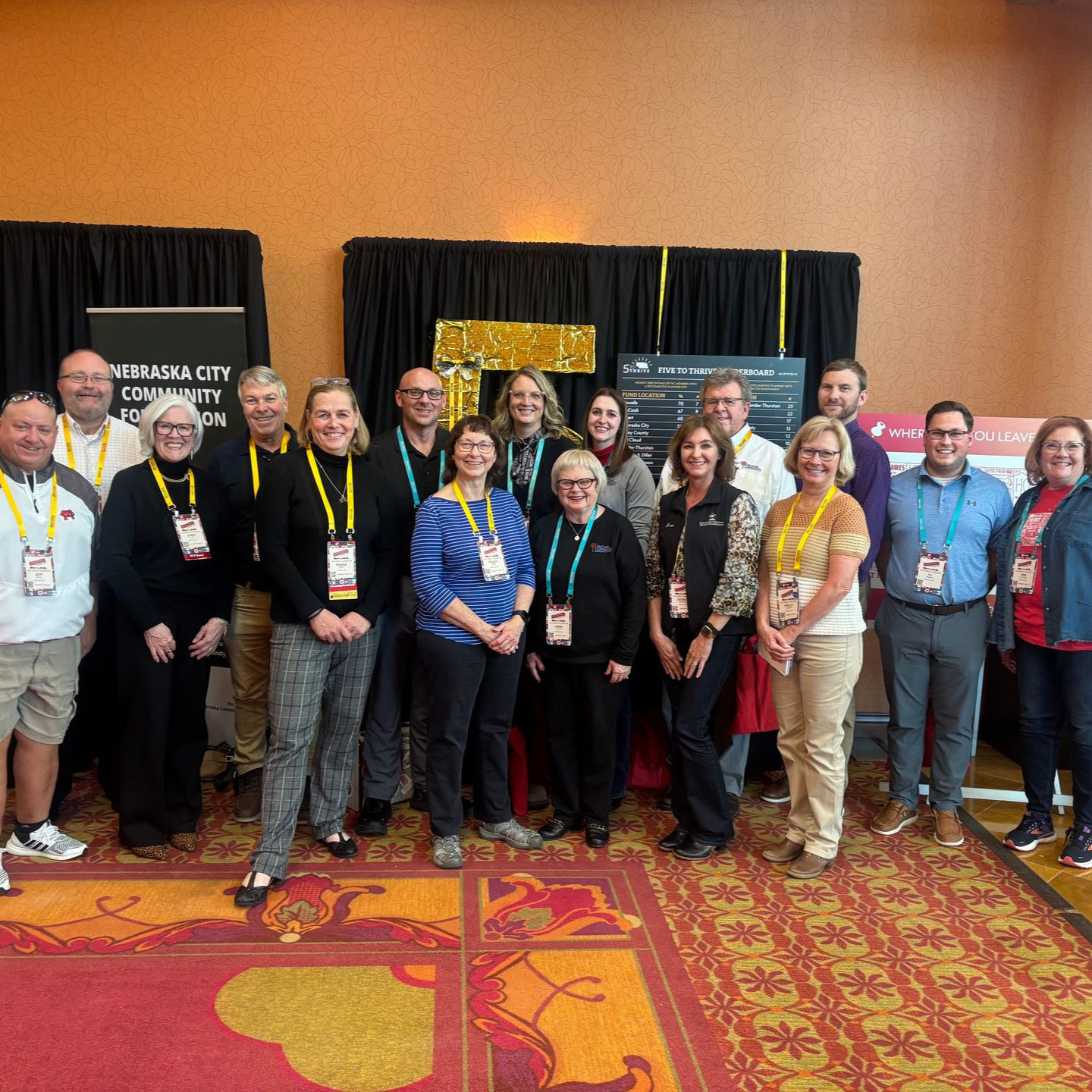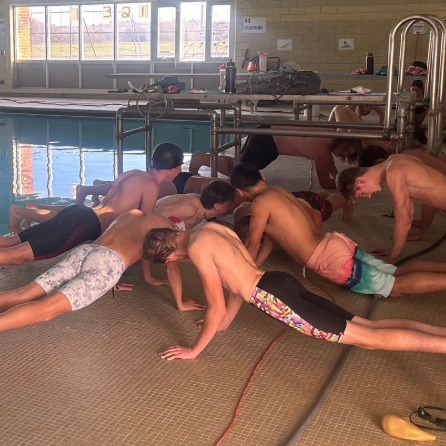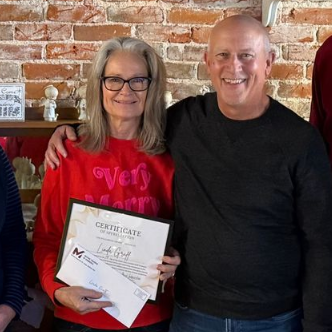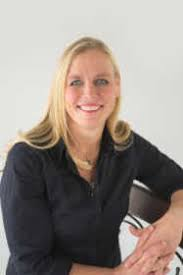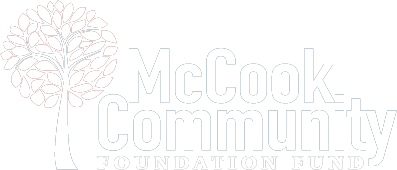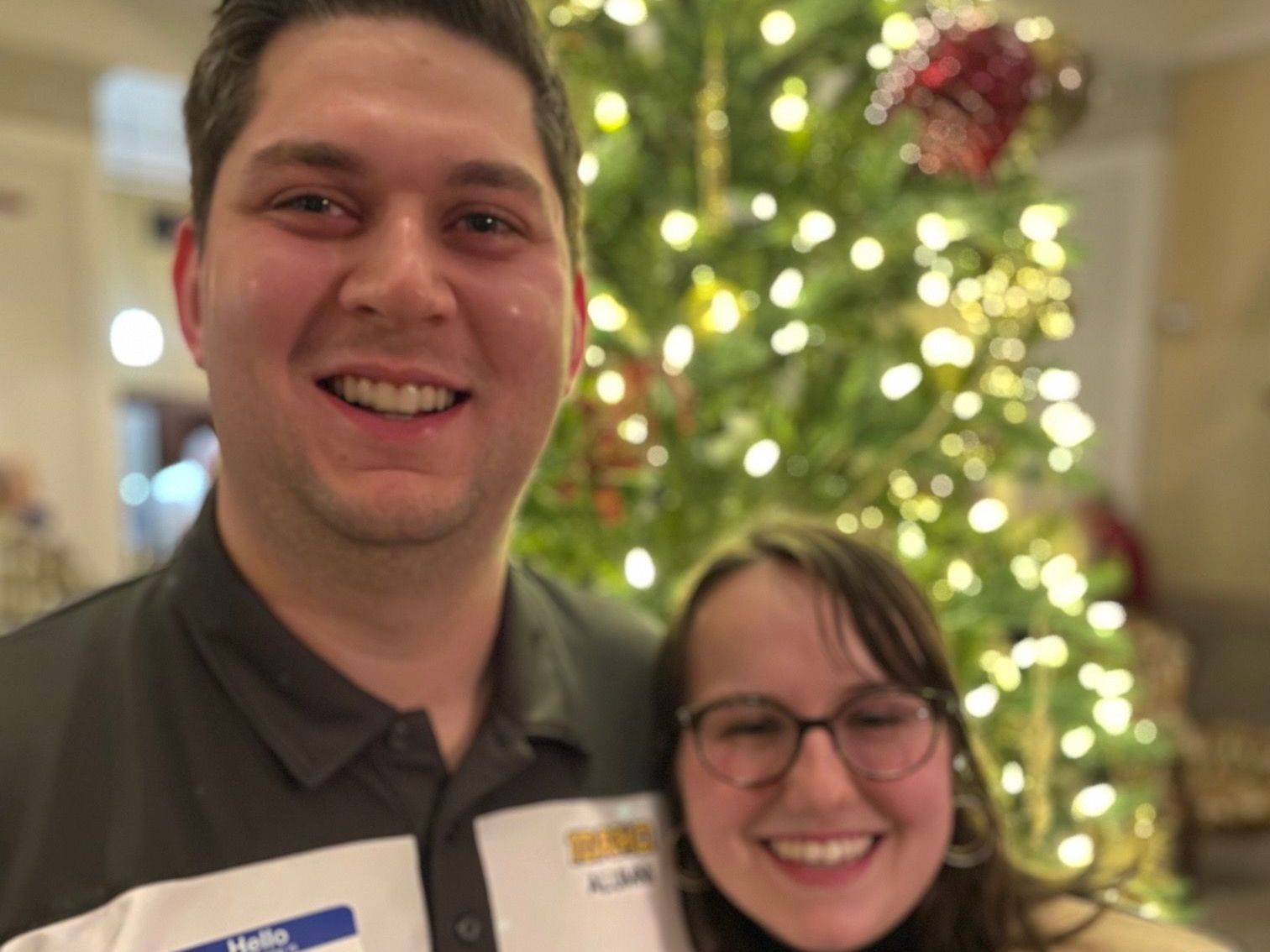
As a member with one of the longest tenures on the McCook Community Foundation Fund, Cindy Huff sat down with one of MCFF’s newest members, Mark Currier, to discuss a variety of topics. This included why getting others involved in their hometown is so important, why including young people in decision making is vital and the role of active citizens to make a community grow and thrive.
Cindy: I know I belong in Nebraska and I chose this place that I call home, but I also never ventured outside of Nebraska to find my home. Now I think about how that must have felt - to go to a community that is completely new and foreign to a person.
How does one find a place to call home? I learned from others that this quest is not easy, comfortable, or quick.
Mark: After initially moving to McCook for a job, I spent my first two years disengaged in our community and actively wanted to leave. I was a disgruntled citizen who saw the need for change but did not have a pathway to it. After encouragement from my wife, who is highly involved in the community, I started talking to people about my ideas for how to improve McCook. I joined Beautify McCook and was tasked with leading McCook Connects, a program designed to bridge the gap between new and current residents. Although I still struggle with wanting to leave McCook, I feel you should always leave a place better than you have found it.
Cindy:
MCFF has leaned into creating a welcoming community that fosters the necessary effects to build a sense of belonging. There are two deciding factors of why a newcomer may choose to stay or to continue their quest to discover a place to call home for themselves and their family.
It is easy to understand that people move to a community for a better job but usually leave if the job ends due to a lack of connections with others in their community. People leave when there is no emotional attachment to the place where they had the job. It is not enough to just live in a community; you have to be connected and engaged, something that Mark understands.
Mark:
As a college student it was important for me to be an engaged, active citizen of my community and I took every opportunity to be involved that I could. I first learned the term “active citizenship” through the Alternative Service Break program, where students are empowered to become leaders while travelling the world and volunteering.
Our leader said college students are initially active citizens and then participation dips, becoming inactive in our community until we retire. However, remaining engaged and active in your community is what is going to make it a better place to call home. Active citizenship is more than just voting. It is making sure your ideas are heard, connecting with others, and volunteering to build the community you want to see. Oftentimes it is easy to complain about things we dislike and harder to do something about it, but by stepping up, we can make McCook a great place to call home through “active citizenship.”
Cindy:
We knew that we needed to take a step back to examine why people leave McCook. We talked to newcomers and people who said they never developed any significant connections. Our first steps were to create newcomer opportunities for connection with existing community members in ways that could develop relationships.
We knew that we needed to take a step back to examine why people leave McCook. We talked to newcomers and people who said they never developed any significant connections. Our first steps were to create newcomer opportunities for connection with existing community members in ways that could develop relationships. We created McCook Connects and started generating ideas and activities such as Third Thursday.
We began bringing current community members and newcomers together in fun, welcoming sharing and conversations.We began bringing current community members and newcomers together in fun, welcoming sharing and conversations.
We also knew that we needed to think differently and engage young people and newcomers to our community. Enter Mark Currier, a newcomer who has lived in McCook for less than five years. The concepts he is talking about here are one way to think differently. He looks at the community differently and he thinks about the community differently. Being a newcomer is an advantage when we are thinking about what will help recruit and retain community members. Mark has also taught us that newcomers need other newcomers, a simple concept that we had not considered before. Then to take it a step further, this newcomer stepped forward to help lead, joining the McCook Fund Advisory Committee.
Mark: Making your community a better place to live usually brings opportunity. If we don’t have opportunity in McCook, people will move away, businesses will close, and taxes will rise with a smaller pool of individuals.
If we bring opportunity to McCook, we will see growth, such as recruiting new businesses, offering more entrepreneurship opportunities, or just helping sustain what is already in place.
I realize that volunteering and being an active citizen is a privilege that not everyone has. People are working two to three jobs just to make ends meet. Some have kids in a busy household. All I ask is that if you have some capacity to be an active citizen or any time to volunteer, seize the opportunity. It can be as simple as attending an event like Third Thursdays or engaging with new people, like McCook Connects Coffee.
It is up to each of us to make our voices heard and perhaps even more importantly, to encourage others to lend a hand in our community. I have chosen to step up and become engaged to turn McCook into a community that I am proud to live in.
